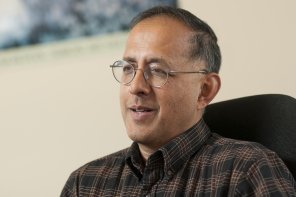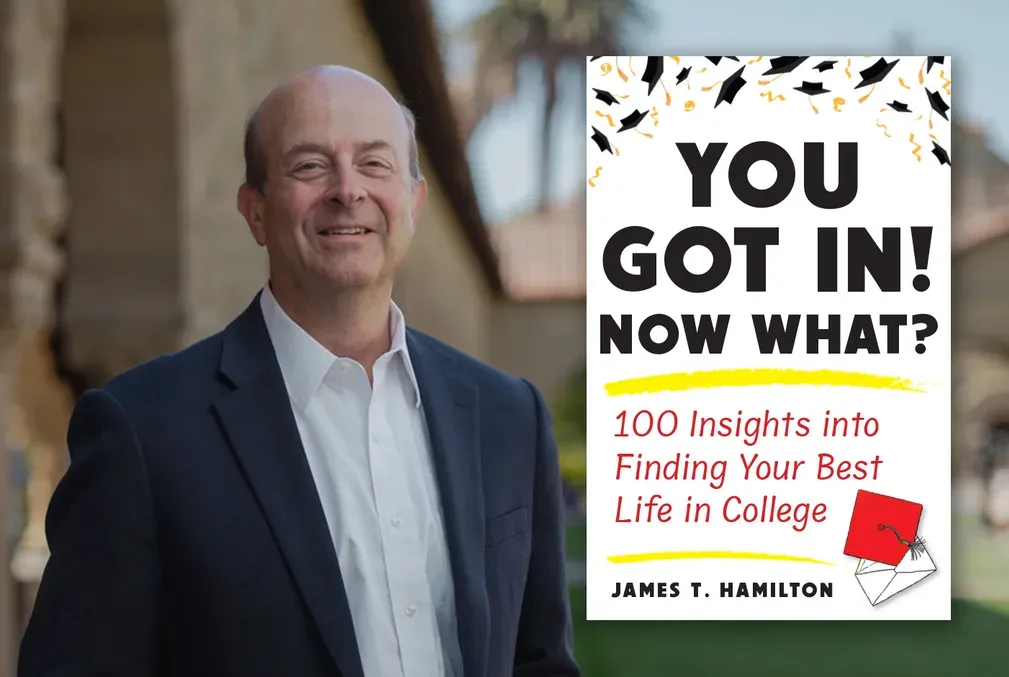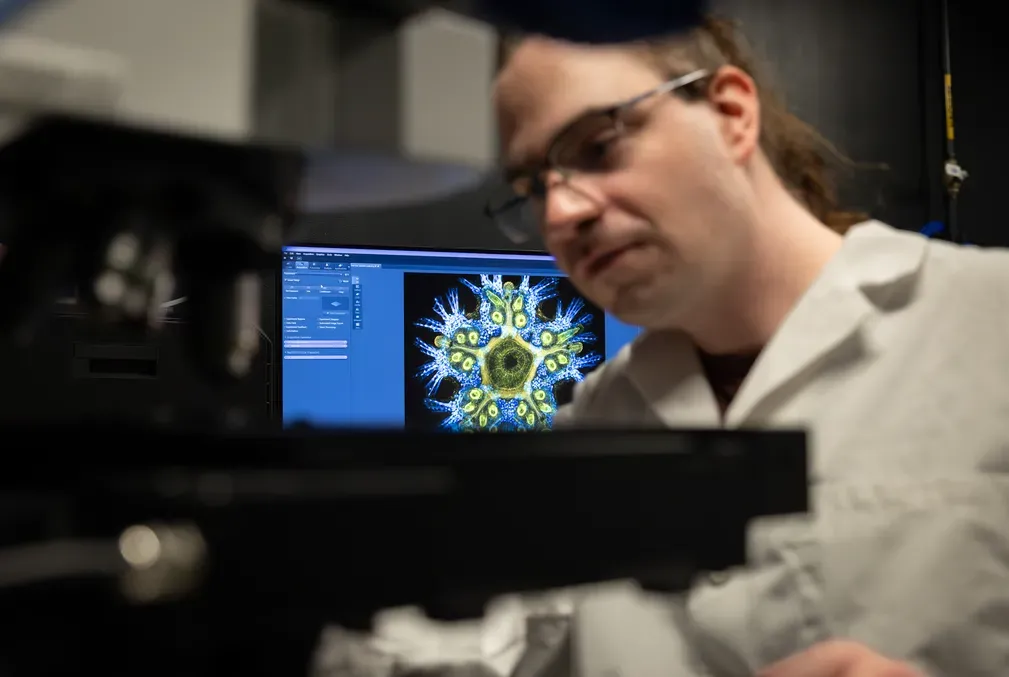New lab will investigate partisan animosity, with goal of diminishing it
The nonpartisan Polarization Research Lab will study affective polarization, or the extent to which individuals like their own party and strongly dislike the other; support for the violation of democratic norms; and support for political violence.
Adapted from an article on Dartmouth News by Amy Olson
Shanto Iyengar, professor of political science and of communication in the School of Humanities and Sciences, and researchers at Dartmouth and the University of Pennsylvania have established a lab to study what provokes partisan animosity and what can be done to reduce it.
The Polarization Research Lab will focus on three interconnected phenomena: the extent to which individuals like their own party and strongly dislike the other, known as affective polarization; support for the violation of democratic norms; and support for political violence.
“The creation of the new lab is especially timely in the aftermath of polarizing decisions by the U.S. Supreme Court and as the 2022 election season approaches,” said lyengar, who holds the William Robertson Coe Professorship.
The nonpartisan lab grew out of research that began at Stanford. It is led by Sean Westwood, associate professor of government at Dartmouth, who earned a PhD in communication at Stanford in 2014.
Americans hold more-negative views toward their political opponents than at any point in the last 50 years, with polarization spilling over into apolitical aspects of day-to-day life, according to a 2015 paper by Westwood and Iyengar. Yet we don’t know what is causing these changes in American society, Westwood said.
To consider how affective polarization might impact your behavior, the lab poses the following questions: Would you accept your son or daughter marrying a partner of the opposing party? Would you hire someone who doesn’t share your political beliefs? How willing would you be to accept deviation from democratic norms by policymakers to advance your party’s goals?
“We’re not interested in helping Democrats or helping Republicans gain an advantage over their political rivals. Our goal is to improve the state of American democracy,” Westwood said. “To do this we must first understand what is causing the growth of political animosity in this country. Ultimately, I think the key to help our nation is to step back from the parties and focus on things that we all have in common.”
As part of its work, the Polarization Research Lab plans to conduct the largest survey investigation of partisan animosity in America to date. Through 156,000 survey interviews over the next three years, the lab will track how citizen attitudes vary over time and how they correspond to the actions of federally elected officials (“elites”). This will enable the researchers to track how elite animosity causes citizen animosity, how major news events may cause citizen animosity, and how these things may work together.
The lab will merge public opinion data with elite rhetoric. To capture elite rhetoric, the lab will track and categorize political tweets, press releases, floor speeches, and media appearances by federal elected officials, using machine-learning techniques.
“Simultaneously tracking elite rhetoric and public opinion gets us closer to understanding both the causes and the effects of mass polarization. If, as we suspect, policymakers and cable news pundits are driving dynamics in polarization, we can design interventions that change how people consume such polarizing information,” says Yphtach Lelkes, an associate professor of communication at the University of Pennsylvania’s Annenberg School for Communication, who earned a PhD in communication at Stanford in 2012.
The Polarization Research Lab will make its data publicly available in real time through a free interactive dashboard. The dashboard will allow users to select the variables that they are interested in, such as finding out where polarization is highest and lowest by state, and generate a visualization. As part of the lab’s commitment to making its information useful and accessible, plain-English summaries about the lab’s work will also be available in addition to raw tabular data.
One of the lab’s objectives is to build relationships between community-based organizations, practitioners, and academics. The researchers are especially interested in engaging community organizations that work with rural citizens, veterans, and religious groups.
“A lot of the work that we plan to do is going to require face-to-face engagement,” Westwood said. “These are complex interactions that can only be established by partnering with community organizations, so we want to not only provide information to these organizations but also build relationships that will help us conduct research.”
He added, “Academics can create rigorous designs to change or lessen political animosity, but it is community organizations who will need to deploy these interventions at scale.”
As part of its mission, the Polarization Research Lab plans to provide research support to community organizations and scholars working on issues of political polarization. The lab will share its findings and strategies with leading scholars, graduate students, postdoctoral scholars, and community practitioners who are working to understand and reduce partisan animosity.




